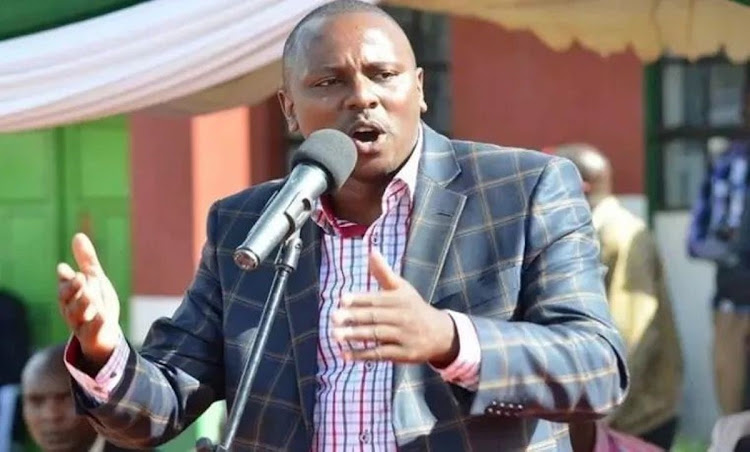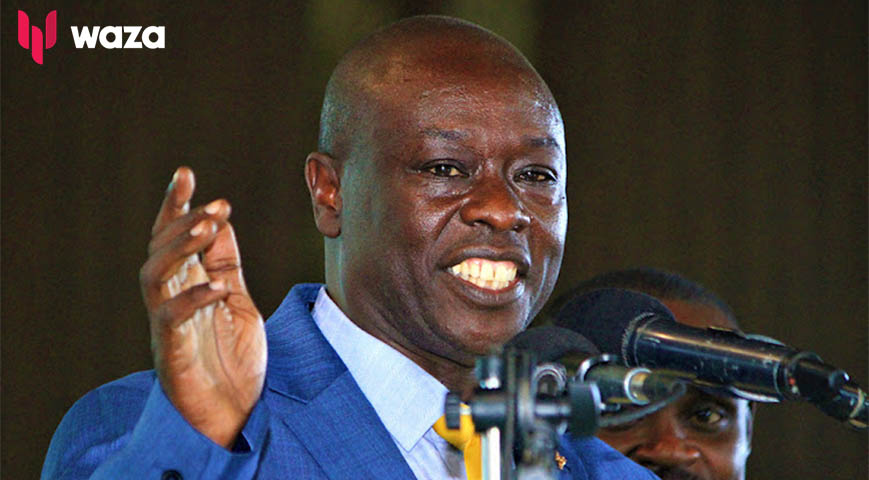National Assembly Majority Leader Kimani Ichung'wah has rejected Deputy President Rigathi Gachagua's proposal for a 'one-man-one-shilling' county revenue-sharing formula.
Gachagua said on Sunday that he will advocate for the method, which is based on county population rather than geographic size, to ensure equity and fairness in the distribution of national revenue among devolved units.
Ichung'wah, on the other hand, believes that counties' population should not be used solely to determine their revenue share, arguing that less populous counties generate more revenue than their more heavily settled counterparts.

“When I say there are regions that generate more revenue than others, we have a county that is not so big and among the country’s poorest; Kwale. But if you went to KRA books and looked at the revenue that comes from Kwale’s tourism and base titanium, it would beat what comes from other much larger, populous and less poor counties,” he told KTN News in a Wednesday night interview.
Did you read this?
He called Gachagua's proposal "a good debate to have" but said it "needs to be engaged from a point of knowledge and empirical data, not emotions."
The DP's comments sparked reactions within President William Ruto's UDA Party, of which he and Ichung'wah are members.
Tana River Senator Danson Mungatana, a UDA member, condemned the mechanism on Wednesday as discriminatory against sparsely populated and marginalised counties such as Tana River, Garissa, and Isiolo.

“He said he is a firm believer in ‘one-man-one-vote-one-shilling’. I am also a firm believer in ‘one-man-one-vote-one-square-kilometre’, so we differ completely. I want to tell the DP and his advisors that unless he doesn’t think Lamu, Tana River, Garissa, Isiolo, Turkana, Taita Taveta, and Marsabit counties are important… if he intends to be President, he is heading in the wrong direction and needs to be told in no uncertain terms that all of us listening to him are very disappointed with him,” the senator told the local television station TV47.
He added that the deputy president’s stance does not represent UDA’s position, saying “We have never sat as UDA to pass a policy pronounced by the DP. He is speaking about his issues.”









